In many areas of the world, the population growth has outpaced the availability of clinicians, prolonging waiting times and placing greater demands on already full clinical schedules. Dental Tribune International spoke with Prof. Víctor Díaz-Flores García, an endodontist who also holds a law degree, about his research which indicates that artificial intelligence (AI) may be heralded as a technological hero to the rescue.
Prof. Díaz-Flores García, what is the focus of your research group at the European University of Madrid?
I, along with my co-workers Yolanda Freire Ana Suarez and Margarita Gómez Sánchez, am a part of the Transformative Research in AI and New Enhancements for Dentistry, or TRAINED, group. We are exploring the possibilities of AI in the field of dentistry, focusing particularly on patient safety.
The emergence of AI in the field of medicine as a whole is overwhelming, and it is necessary to study and understand how it can be useful not only for clinicians but more importantly for patients and the general population. Our group has published other papers on this topic, and our aim is to continue working in this area.
Were there any aspects of your findings that were unexpected? What do you feel are the key takeaways of your research as they apply to AI in dentistry going forward?
The use of ChatGPT, or any other app that uses large language models, must currently be understood as a tool in its infancy. Not all the information given to us is correct, so it is necessary to train the system to give increasingly correct answers. In the studies we have carried out with ChatGPT, we have seen a promising consistency in the responses to clinical protocols, but this must always be checked by the health professional when using these tools as a basis for diagnosis or treatment. It is obvious that in the near future these tools will be present in our daily treatment, but today we must understand that they are untrained systems that must be taken into account in their proper measure when making clinical decisions.
Your team’s publication indicated that AI could become an incredibly reliable assistant in oral surgery, particularly in areas of the world where dental specialisations are not yet recognised. What inspired you as researchers to explore AI’s capabilities in this direction?
Access to information is essential for decision-making. The availability of up-to-date protocols of clinical actions is a benefit for the patient and can avoid safety problems in many aspects (use of medicines, application of certain materials, etc). An AI program trained by professionals specialised in a specific branch of dentistry would be a valuable tool. As a working group, we have observed that there are protocols of great clinical value that can be very useful both for general dentists and for those who specialise in a particular field, so it is essential to have a tool that directly provides accurate information to questions posed to it.
Because large language models and really all AI programs rely on big data, what encouragement would you offer clinicians concerned about data usage?
States and international organisations are taking action through specific legislation in this area. As a group based in the EU, we are closely monitoring this legislation. Particular attention must be paid to the use of patients’ personal data when training an AI, as this data is sensitive and we could potentially be in breach of data protection laws and face serious legal consequences. Patients should also be aware of these issues and take care to avoid exposing their data to apps or systems that have nothing to do with genuine medical assistance, especially those that aim to commercialise such data.
Tags:
ESPOO/HELSINKI/TAMPERE, Finland: Studies have shown that artificial intelligence (AI) can recognise structural patterns in medical imaging data. However, in...
AMMAN, Jordan: As artificial intelligence continues to expand its role in healthcare, large language models such as ChatGPT are increasingly being used to ...
Dr. Gary Hack is an associate professor at the University of Maryland School of Dentistry, where he teaches in the Department of Advanced Oral Sciences and ...
LONDON, Canada: The use of artificial intelligence (AI) in dentistry is rapidly expanding, offering new possibilities in diagnostics, treatment planning and...
NORWICH, UK: Dr Gautam Sharma, owner of a dental practice in Norfolk, has just returned from a mission to Lebanon, where he and other volunteers provided ...
SAN FRANCISCO, US: The migration of myriad dental services on to the cloud is one of the major dimensions of transformation occurring in dentistry. A key ...
At this year’s International Dental Show (IDS), Dr Marco Tudts, a renowned aesthetic and prosthetic dentist from Lier in Belgium, shares his insights on ...
At a lecture session at AEEDC Dubai, Prof. Lakshman Samaranayake, Vice-Dean of the Department of Oral and Craniofacial Health Sciences at the University of ...
WASHINGTON, US: The American Academy of Facial Plastic and Reconstructive Surgery (AAFPRS) has recently released the results of its 2024 annual member ...
Bacteria in nature usually exist in the form of biofilms. The dense accumulation of bacteria was first reported by Black in 1898.1 Biofilms are an ...
Live webinar
Tue. 24 February 2026
1:00 pm EST (New York)
Prof. Dr. Markus B. Hürzeler
Live webinar
Tue. 24 February 2026
3:00 pm EST (New York)
Prof. Dr. Marcel A. Wainwright DDS, PhD
Live webinar
Wed. 25 February 2026
11:00 am EST (New York)
Prof. Dr. Daniel Edelhoff
Live webinar
Wed. 25 February 2026
1:00 pm EST (New York)
Live webinar
Wed. 25 February 2026
8:00 pm EST (New York)
Live webinar
Tue. 3 March 2026
11:00 am EST (New York)
Dr. Omar Lugo Cirujano Maxilofacial
Live webinar
Tue. 3 March 2026
8:00 pm EST (New York)
Dr. Vasiliki Maseli DDS, MS, EdM



 Austria / Österreich
Austria / Österreich
 Bosnia and Herzegovina / Босна и Херцеговина
Bosnia and Herzegovina / Босна и Херцеговина
 Bulgaria / България
Bulgaria / България
 Croatia / Hrvatska
Croatia / Hrvatska
 Czech Republic & Slovakia / Česká republika & Slovensko
Czech Republic & Slovakia / Česká republika & Slovensko
 France / France
France / France
 Germany / Deutschland
Germany / Deutschland
 Greece / ΕΛΛΑΔΑ
Greece / ΕΛΛΑΔΑ
 Hungary / Hungary
Hungary / Hungary
 Italy / Italia
Italy / Italia
 Netherlands / Nederland
Netherlands / Nederland
 Nordic / Nordic
Nordic / Nordic
 Poland / Polska
Poland / Polska
 Portugal / Portugal
Portugal / Portugal
 Romania & Moldova / România & Moldova
Romania & Moldova / România & Moldova
 Slovenia / Slovenija
Slovenia / Slovenija
 Serbia & Montenegro / Србија и Црна Гора
Serbia & Montenegro / Србија и Црна Гора
 Spain / España
Spain / España
 Switzerland / Schweiz
Switzerland / Schweiz
 Turkey / Türkiye
Turkey / Türkiye
 UK & Ireland / UK & Ireland
UK & Ireland / UK & Ireland
 Brazil / Brasil
Brazil / Brasil
 Canada / Canada
Canada / Canada
 Latin America / Latinoamérica
Latin America / Latinoamérica
 USA / USA
USA / USA
 China / 中国
China / 中国
 India / भारत गणराज्य
India / भारत गणराज्य
 Pakistan / Pākistān
Pakistan / Pākistān
 Vietnam / Việt Nam
Vietnam / Việt Nam
 ASEAN / ASEAN
ASEAN / ASEAN
 Israel / מְדִינַת יִשְׂרָאֵל
Israel / מְדִינַת יִשְׂרָאֵל
 Algeria, Morocco & Tunisia / الجزائر والمغرب وتونس
Algeria, Morocco & Tunisia / الجزائر والمغرب وتونس
 Middle East / Middle East
Middle East / Middle East


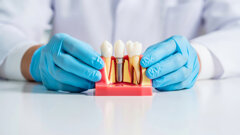


















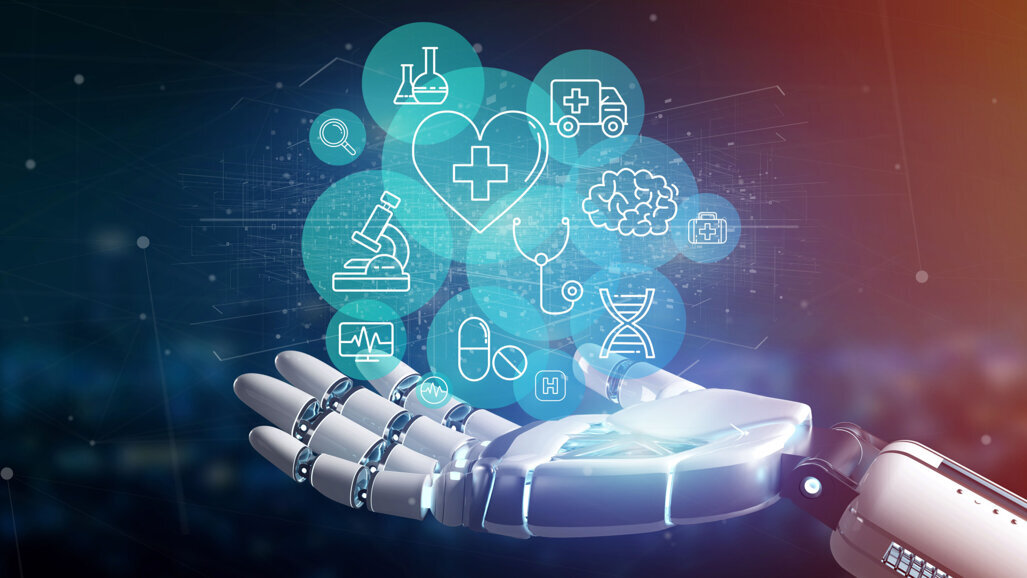


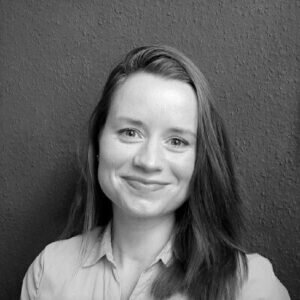
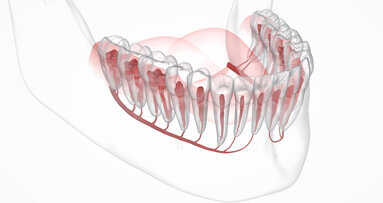

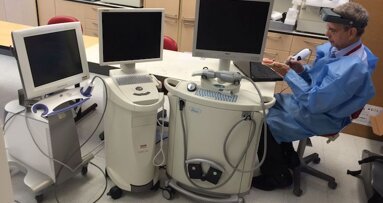
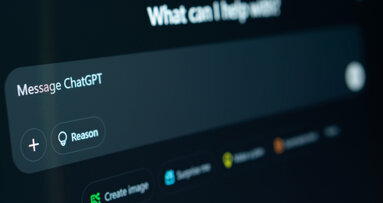
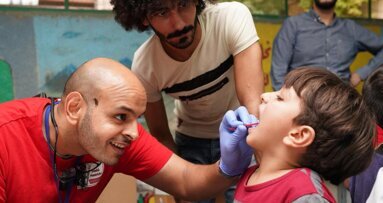
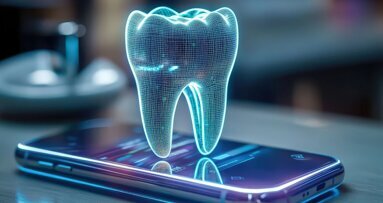
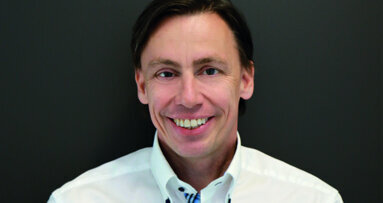

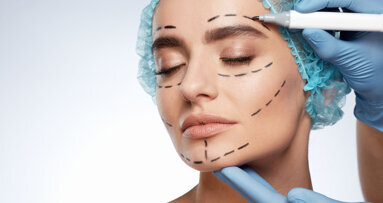










To post a reply please login or register